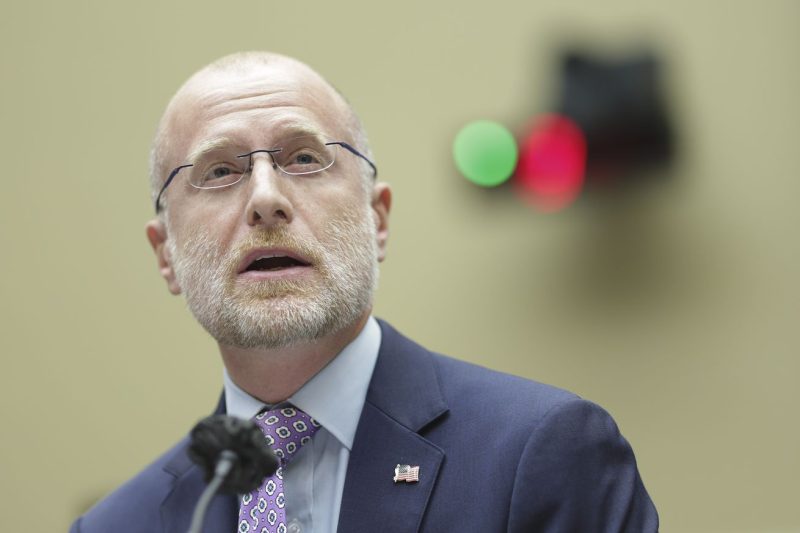The recent announcement by former President Donald Trump naming Brendan Carr as his choice to lead the Federal Communications Commission (FCC) has generated a mix of reactions and opinions across the political spectrum. Carr, a Republican who has served as an FCC commissioner since 2017, is by no means a newcomer to the telecommunications landscape. His track record and background in the industry have positioned him as a prominent figure in shaping policies that impact the telecommunications sector.
One of the key points of interest surrounding Carr’s nomination is his stance on net neutrality. Net neutrality, the principle that all internet traffic should be treated equally by internet service providers without discrimination, has been a contentious issue for many years. The Obama-era FCC implemented net neutrality rules in 2015, only to see them repealed by the Trump administration in 2017. Carr’s appointment as FCC leader could possibly steer the FCC towards a reevaluation of net neutrality principles, leading to potential changes in FCC regulations that could impact how internet services are provided and accessed by consumers.
Another significant area where Carr’s leadership could have an impact is in telecommunications infrastructure development. With the ongoing rollout of 5G technology and the push to improve broadband access in rural and underserved areas, the FCC plays a critical role in shaping policies that foster innovation and investment in telecommunications infrastructure. Carr has been a vocal advocate for streamlining regulations to facilitate faster deployment of 5G networks and expanding broadband access to regions lacking connectivity. As FCC leader, Carr may push for policies that further incentivize private sector investment in infrastructure projects to bridge the digital divide.
Carr’s appointment as FCC leader also raises questions about potential shifts in the agency’s enforcement priorities and approach towards regulating the telecommunications industry. Under his leadership, we may see a focus on deregulation and promoting a more market-driven approach to overseeing the industry. This could mean a departure from the more interventionist stance taken by previous administrations and a greater emphasis on allowing market forces to shape the industry’s direction.
However, Carr’s nomination is not without its critics. Some have raised concerns about potential conflicts of interest given his close ties to the telecommunications industry. As a former lawyer for telecom giant Verizon, Carr’s appointment has led to questions about whether his past affiliations could influence his decisions as FCC leader. Additionally, his track record on issues such as consumer privacy and media consolidation has drawn scrutiny from advocacy groups and lawmakers who fear that his leadership could lead to policies that favor industry interests over consumer protection.
In conclusion, Brendan Carr’s nomination as FCC leader has ignited discussions and debates about the future direction of telecommunications policy in the United States. With his background in the industry and a track record of advocating for deregulation and infrastructure development, Carr’s leadership could bring significant changes to how the FCC approaches issues such as net neutrality, infrastructure development, and industry regulation. However, his appointment also raises concerns about conflicts of interest and the potential impact on consumer protection. Only time will tell how Carr’s leadership will shape the FCC’s agenda and impact the telecommunications landscape in the years to come.

